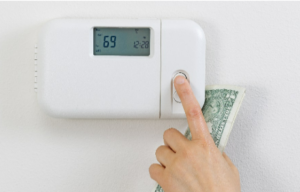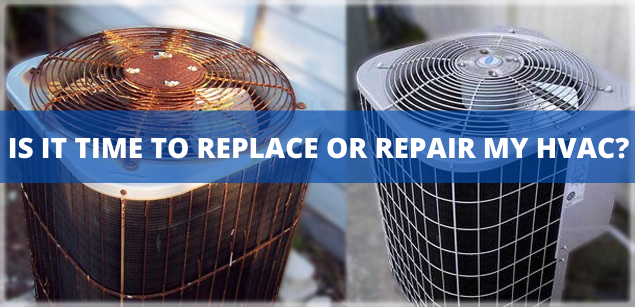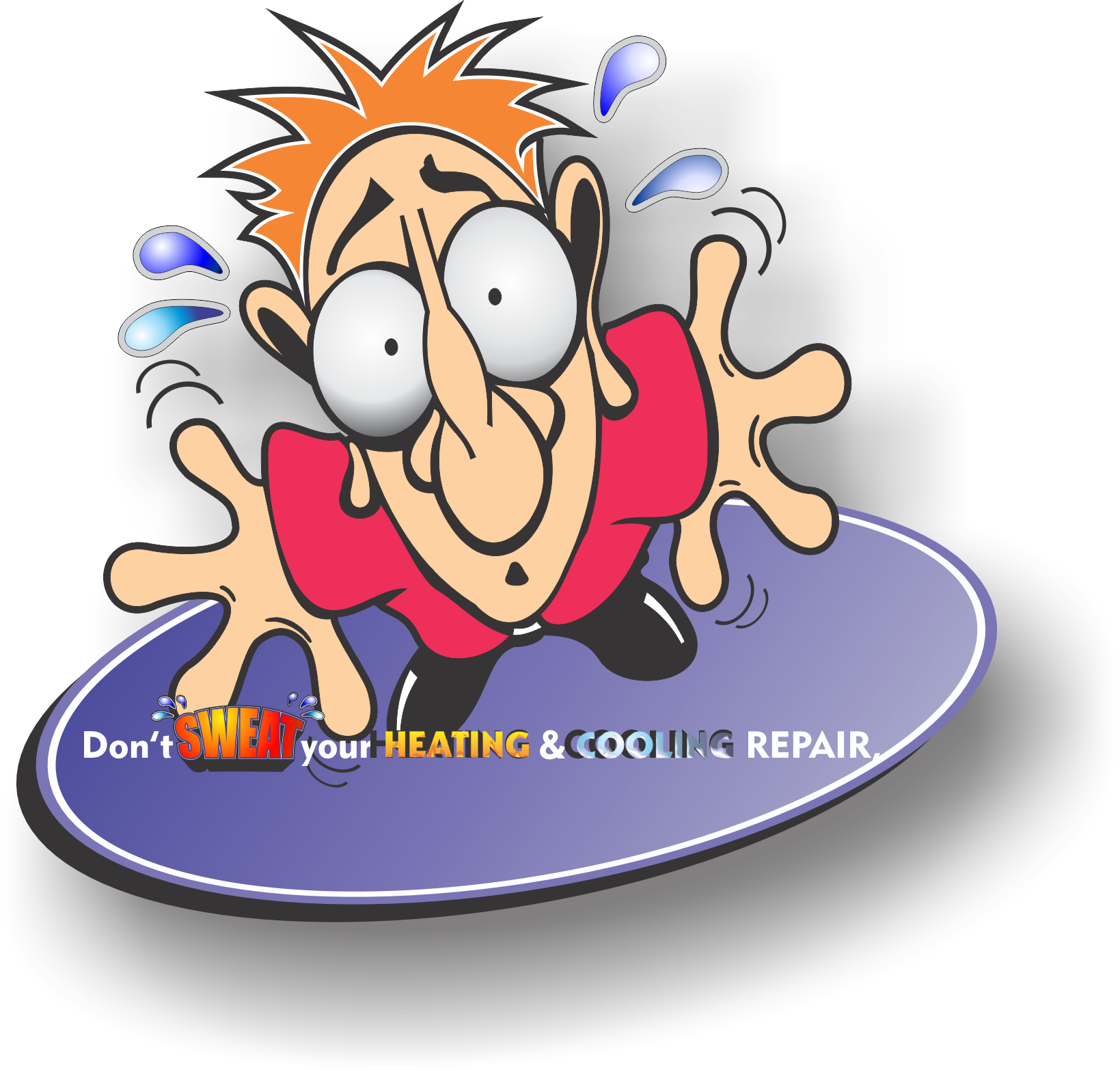AC Safety Tips for the Summer Months: Keep Cool and Stay Safe

AC Safety Tips for the Summer Months: Keep Cool and Stay Safe
As the temperature soars during the summer months, air conditioning (AC) units become essential for staying cool and comfortable. However, with increased use of these systems, it’s important to ensure that they’re operating efficiently and safely. Air conditioners can pose certain risks if not properly maintained or used, so taking steps to ensure their safe operation can prevent accidents and prolong the lifespan of your unit. Here are some AC safety tips to keep in mind as you enjoy the cool breeze this summer.
- Schedule Regular Maintenance
Regular maintenance is one of the most effective ways to ensure that your AC unit runs smoothly and safely. A professional HVAC technician can inspect your system for any potential issues, such as worn-out parts, leaks, or electrical problems. During routine maintenance, technicians typically clean the air filters, check the refrigerant levels, and ensure the system is running at optimal efficiency.
Why It’s Important: Neglecting maintenance can lead to issues such as poor airflow, higher energy bills, and in some cases, dangerous malfunctions like overheating or short-circuiting.
- Keep the Area Around the AC Unit Clear
Whether you have a window unit or a central AC system, it’s important to keep the area around it free from debris. This includes not placing furniture, curtains, or other objects in front of the unit that might obstruct airflow.
Why It’s Important: Blocked airflow can cause the system to overheat or work harder, which could lead to reduced efficiency or failure. Additionally, flammable materials near your unit could pose a fire hazard.
- Change Air Filters
Changing air filters regularly is crucial during the summer months when your air conditioning system is working overtime to keep your home cool. As the AC runs more frequently, filters can become clogged with dust, dirt, and other debris, which not only reduces airflow but also forces the system to work harder. This can lead to higher energy bills and decreased efficiency.
Why It’s Important: It’s important to keep proper air flow to maintain the systems efficiency and cleanliness. Follow the filters manufacturers’ recommendations on when to change them.
- Use a Programmable Thermostat
A programmable thermostat can help you maintain a consistent temperature throughout the day, reducing the need to constantly adjust the AC. This not only improves the efficiency of your system but can also prevent overheating or overcooling the unit, which can shorten its lifespan.
Why It’s Important: By setting your thermostat to adjust to your routine, you can conserve energy, reduce wear and tear on your system, and save on electricity bills while still enjoying a comfortable environment.
- Install Carbon Monoxide Detectors
If you have a gas-powered AC unit or a heating system that shares ductwork with your cooling system, it’s crucial to have working carbon monoxide (CO) detectors in your home. Carbon monoxide is an odorless, colorless gas that can be deadly if not detected early. Although CO leaks are rare in air conditioners, it’s better to be safe than sorry.
Why It’s Important: Carbon monoxide poisoning is a serious health risk. Ensure your home is equipped with CO detectors and test them regularly to keep your family safe.
- Be Mindful of Children and Pets
Air conditioners often produce cold air that can cause discomfort if you’re too close to the unit for long periods. Be mindful of children and pets who might want to play near the AC, especially if the unit is positioned at ground level or near windows. Extreme temperature changes, such as blasts of cold air, can lead to discomfort or even illness.
Why It’s Important: Maintaining a safe distance from the AC unit, especially for vulnerable individuals like children and pets, helps prevent accidental injuries, such as frostbite, or exposure to cold air for extended periods.
- Know When to Call a Professional
If you ever experience strange noises, burning smells, or your AC stops cooling effectively, it’s time to call a professional. Trying to fix complex issues yourself can be dangerous and may worsen the problem.
Why It’s Important: Air conditioners have complicated mechanical and electrical systems, and improper handling can lead to safety hazards or additional damage. Always rely on a qualified technician for repairs.
Conclusion
Air conditioning systems are a vital part of staying comfortable during the summer heat, but they must be used safely and properly maintained. By following these AC safety tips, you can help ensure that your unit runs efficiently, avoid dangerous malfunctions, and extend the lifespan of your cooling system. Stay safe, stay cool, and enjoy a worry-free summer!



